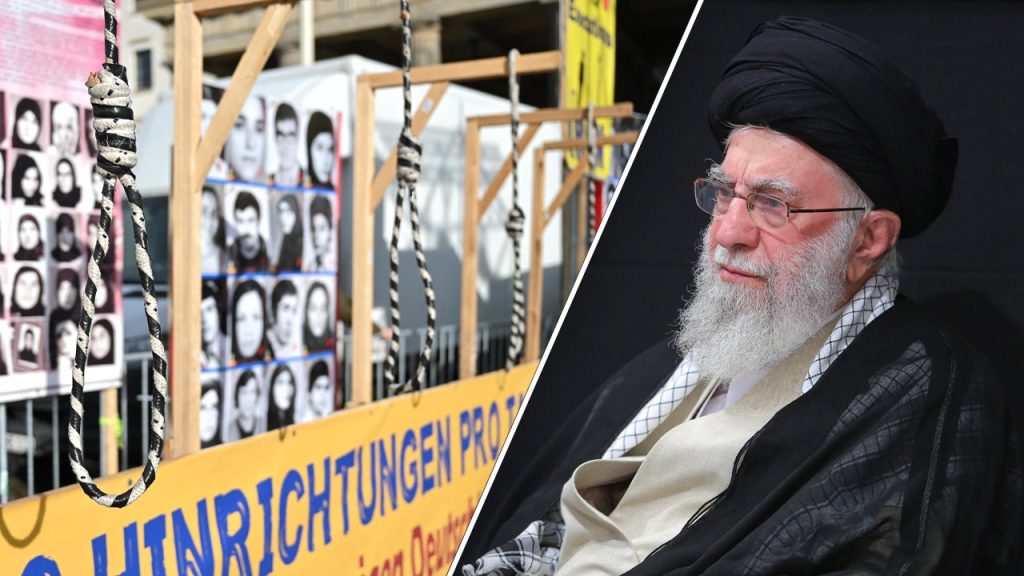The United Nations reported a surge in executions in Iran during the month of August, with nearly half of the 93 executions being related to alleged drug offenses. The experts expressed concern over the lack of transparency in reporting these executions and emphasized that countries retaining the death penalty must ensure that individuals are not subjected to inhumane treatment throughout the criminal justice process. They also urged Iranian authorities to halt all executions of individuals sentenced to death, as there is a risk of wrongful executions. The International Covenant on Civil and Political Rights limits the death penalty to only the most serious crimes.
Amnesty International released a report earlier this year stating that Iran’s use of executions has increased following the 2022 unrest triggered by the death of Mahsa Amini. Executions are being used as a tool of intimidation to instill fear among the population and tighten the government’s grip on power. Iran has already executed over 400 individuals this year, including more than a dozen women, with the majority of cases targeting political dissidents. Despite changes in leadership, the executions and human rights violations in Iran have remained consistent.
Behnam Ben Taleblu, a senior fellow at the Foundation for Defense of Democracies, criticized Iran for its rise in executions, particularly for alleged drug-related offenses. He highlighted the lack of due process, forced confessions, and violations of human rights in these cases. One example given by the U.N. was the case of Reza Rasaei, an Iranian-Kurdish protester who was punished based on a confession obtained through torture. Despite challenges to his involvement in the alleged crime, Iranian authorities pursued his execution.
The U.N. experts stressed the importance of transparency and adherence to international standards in the criminal justice system in Iran. They called on the international community to put pressure on Iran to stop the unlawful spree of executions. The experts expressed concerns about the irreversible nature of wrongful executions and urged the Iranian government to abide by the limitations set forth in the International Covenant on Civil and Political Rights. Drug offenses have been increasingly used as a justification for executions, despite not being considered the most serious crimes.
Amnesty International characterized Iran’s execution practices as a means of control and intimidation rather than punishment. The executions are aimed at instilling fear in the population and solidifying the government’s authority. This approach has led to a significant increase in the number of executions, including those targeting women and political dissidents. Despite changes in leadership, the human rights violations and executions in Iran have persisted, prompting calls for action from the international community to address the issue.















